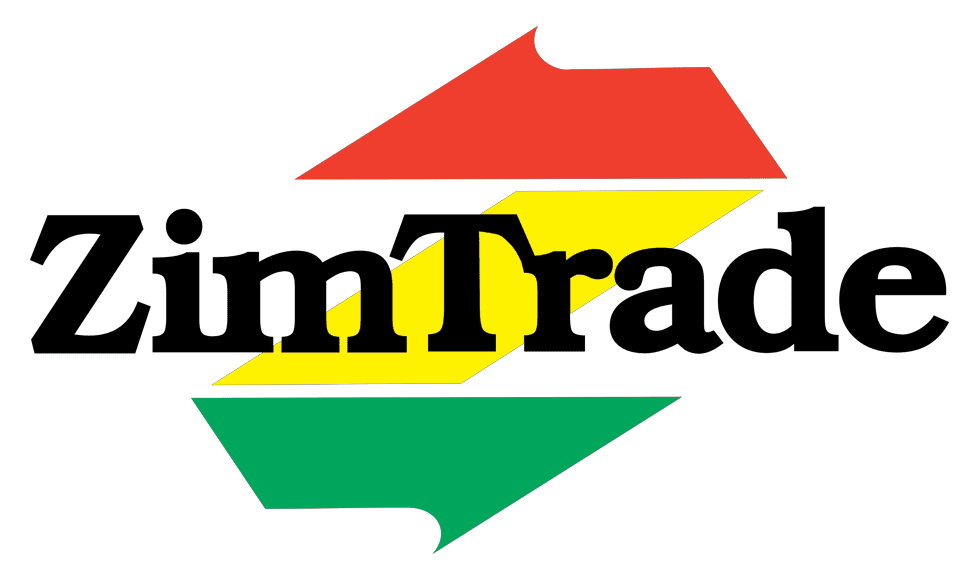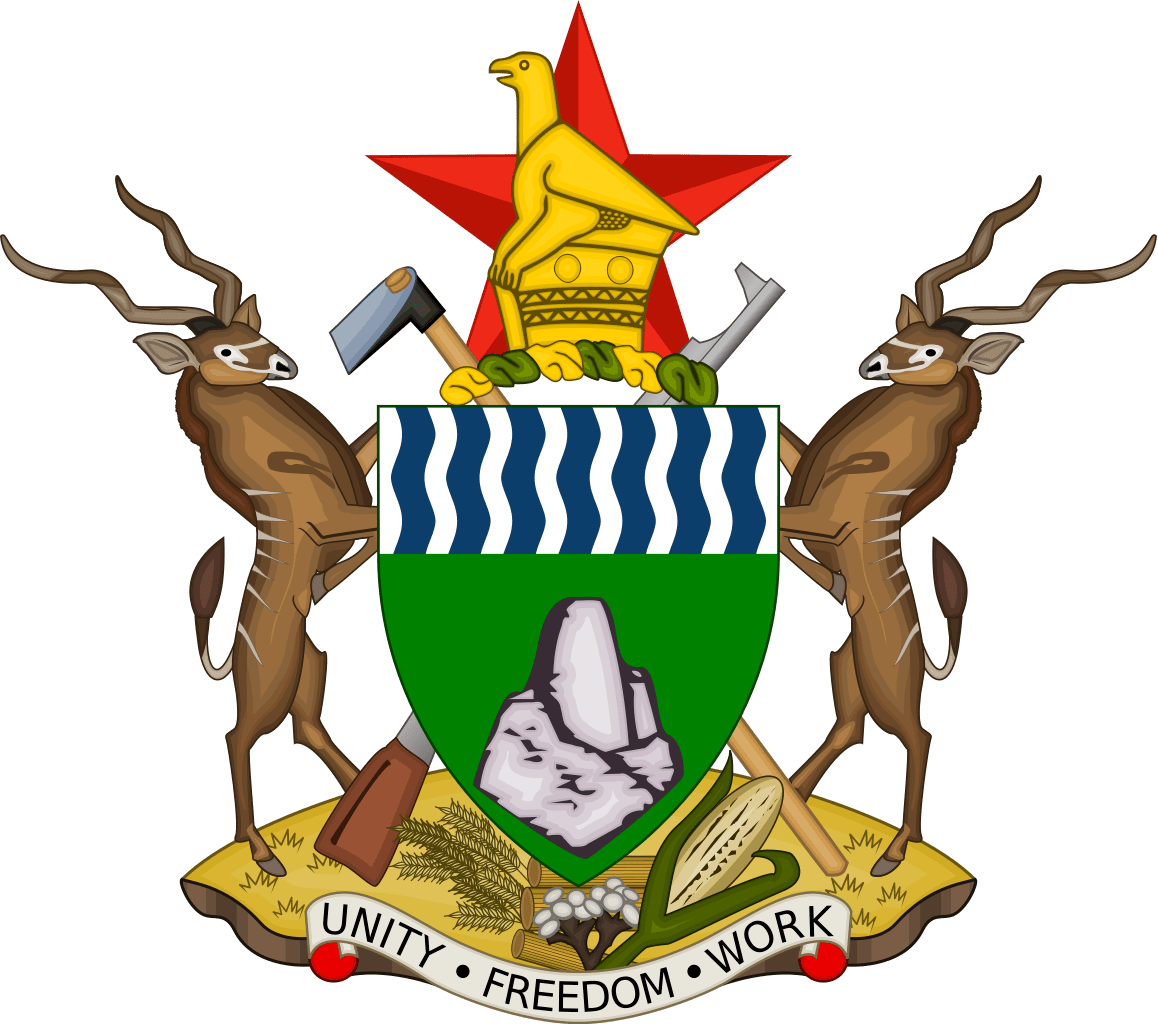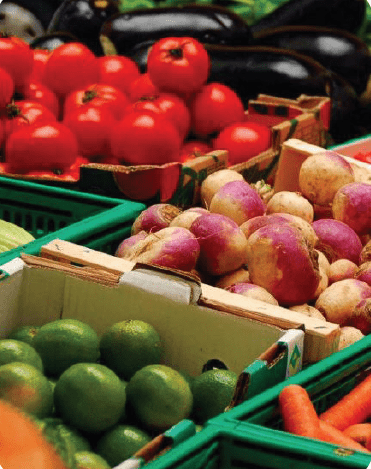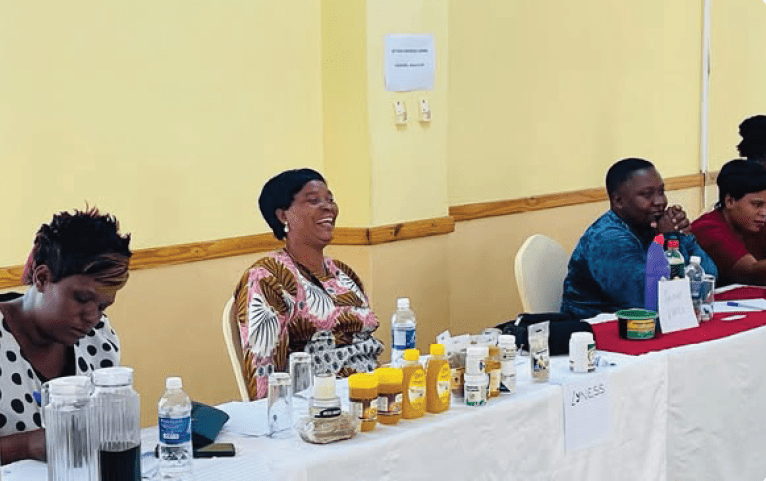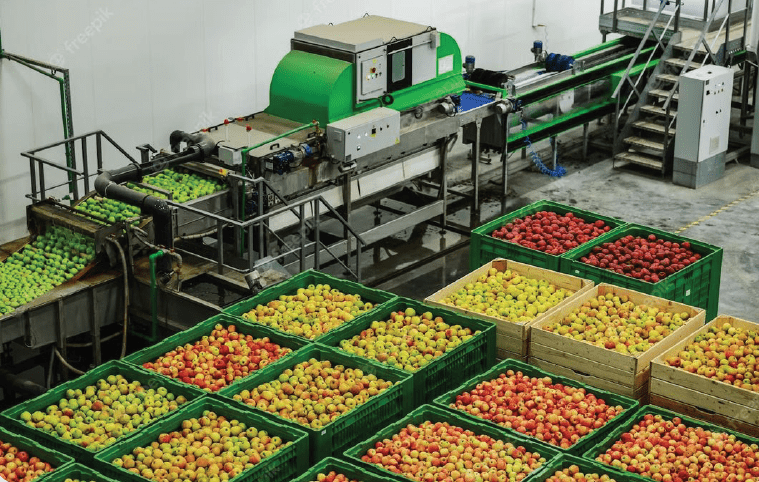The interest to venture into export business is fast growing in Zimbabwe and this is a positive development.
This means, in a few years, the number of exporting companies will grow, which in turn will improve the nation’s export earnings.
This development is following deliberate efforts by the Second Republic and related institutions to capacitate local business, particularly previously marginalized groups such as rural communities, women and young people.
For example, President Mnangagwa launched the National Garlic Export programme in Gutu in 2021, which is expected to integrate rural communities into mainstream horticulture export business.
This is in line with the devolution agenda being spearheaded by the Government to improve the contribution of all districts to national economy, riding on natural resources they are endowed with.
Further to this garlic programme, ZimTrade – the national trade development and promotion agency – is running several programmes targeted at increasing capacities of businesses led by rural communities, women and young people so that they produce competitive products for the export markets.
Although improving capacities of exporters is crucial, issues of access to markets are also important and targeting easy markets should be a top priority.
By no doubt, the easy markets for small businesses should be regional markets and other African countries as these remain easy to access and offer several incentives that reduce the cost of doing business.
This is where the Intra-African Trade Fair (IATF) scheduled for 9-15 November 2023 in Cairo, Egypt, becomes an important cog in this export-growth drive.
The continent-wide trade fair, whose broad goal is to boost trade among African countries is expected to benefit Zimbabwe’s exporters by unlocking business partnerships with buyers from across the continent.
This is going to make it easy for the country to penetrate non-traditional markets, which will go a long way in diversifying export markets, which are currently dominated by South Africa.
The current composition of export markets is not sustainable as over reliance on South Africa will leave local businesses vulnerable to the shocks that takes place in the country.
Further to this, the IATF holds great potential to accelerate Zimbabwe’s implementation and achievement of both the National Development Strategy 1 (NDS1) and the Sustainable Development Goals (SDGs) through increased trade and the resultant increases in foreign currency generation, improved livelihoods and economic growth.
IATF to contribute towards national development
The broad objective of the NDS1 is to “rebalance the economy through increasing the contribution of value-added exports to total exports from 9 percent in 2020 to 20 percent in 2025.”
What is clear from the national development blueprint is that the revival of Zimbabwe’s economy will require increased exports, especially of value-added goods and services.
To achieve this, the integration of small businesses into export business by unlocking access to markets is crucial as they account for a large portion of local businesses.
However, when targeting international markets such as Europe, and Asia, this integration is not always easy as small businesses often face challenges related to logistics and meeting minimum orders required by the buyer.
To address these challenges, the IATF will facilitate for improved engagements between local small businesses and buyers from the regional markets, which have been identified as providing easy solution as they are closer and have routes that are not complicated when compared to international markets.
Need to then leverage on trade agreements
With improved access to buyers in the region, small businesses will then leverage on bilateral and multilateral trade agreements that offer incentives for those exporting to African countries.
For example, the COMESA Simplified Trade Regime operational in Malawi, Zambia, Zimbabwe was introduced to make it easy for small-scale cross border traders by simplifying and harmonizing customs and border procedures and improving efficiency of border clearance process.
This is one of the many examples of what has been put in place to integrate small businesses in export markets.
Zimbabwe currently has four operational preferential bilateral trade agreements under which exporters can benefit.
These agreements were entered with Botswana, Malawi, Mozambique, and Namibia.
The Zimbabwe-Botswana trade agreement ratified in 1988 offers reciprocal duty-free trade on all products grown, wholly produced, or manufactured wholly or partly from imported inputs subject to a 25 percent local content requirement.
With Malawi, this is a reciprocal trade agreement that has been in place since 1995, with 25 percent domestic value-added requirements.
In Mozambique, the focus of the agreement that has been in place since coming into force in 2005 is to eliminate tariff and non-tariff barriers and to cooperate in customs and trade promotion.
The agreement provides for duty-free trade between the two members with the rules of origin specifying a 25 percent domestic value added.
With regards to Zimbabwe-Namibia, there is a reciprocal agreement in effect since 1992, subject to rules of origin that require at least 25 percent local content for manufactured products and that Zimbabwe and Namibia should, as exporters, be the last place of substantial manufacturing.
Further to these, the African Continental Free Trade Agreement (AfCFTA) was also designed to eliminate obstacles that make it difficult for African businesses to trade with each other.
As countries implement AfCFTA, the landing cost of Zimbabwean products in other African markets is expected to drop, which will make them competitive when compared to products coming out of the continent.
Although it is exciting to know these trade agreements, the first step is identifying buyers in the targeted markets and that is what IATF will target achieving.
Thus, companies participating at IATF will take advantage of the unique opportunities presented by the event to establish as much business contacts as possible with buyers from all African markets.
